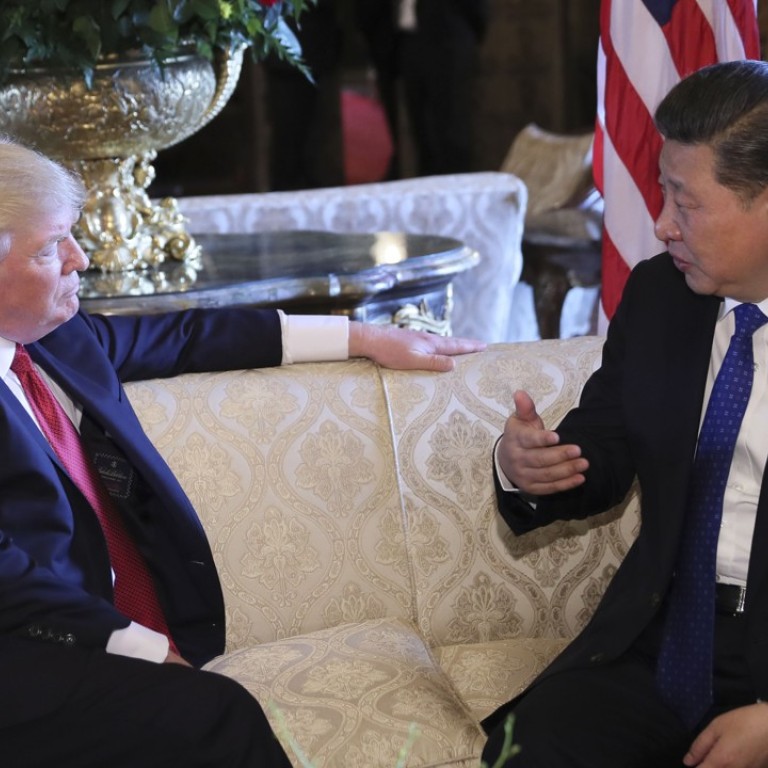
Improving communication between China and the US is key to ensuring security
It is encouraging that the two countries held frank discussions at their diplomatic and security dialogue this week, and the efforts must be continued
As China’s influence and interests have expanded beyond the region over the years, so has its need for cooperation with the US over their divergent interests. If the two are to manage their differences and prevent tensions escalating into conflict, as the US and the Soviet Union did during the cold war era, established channels of communication are paramount. The inaugural Sino-US diplomatic and security dialogue this week is a case in point. It may have failed to make much progress on the North Korean nuclear threat, but it is the first step towards the more challenging goal of establishing such a security mechanism.
That said, North Korea did dominate the dialogue, and probably not for the last time. Washington set the scene by keeping the pressure on Beijing to use its economic leverage over Pyongyang, with President Donald Trump tweeting on the eve of the dialogue: “While I greatly appreciate the efforts of President Xi and China to help with North Korea, it has not worked out. At least I know China tried”.
The underlying message conveyed by unnamed sources was that China could still do more. Beijing responded to this negotiating tactic by reiterating its compliance with UN resolutions despite allegations of Chinese companies helping Pyongyang evade sanctions.
After eight years of the old Strategic and Economic Dialogue with the previous Obama administration in Washington, China and the new US administration need to reset their way of dealing with one another. While the US is keen to exert more pressure on Pyongyang it also needs to take account of China’s way of doing things. In dealing with North Korea, China’s way is to press diplomatically for dialogue and negotiations rather than through high-profile announcements. If the US wants China to change its approach, the two need to understand one another better and what can be achieved. In that respect it is not helpful that there remain a lot of unknowns about Trump’s Asia policy and, six months after taking office, too many unfilled regional policy positions.
The priority now is to establish and manage new channels for better communication, not least because in the absence of an effective security mechanism. North Korea’s nuclear brinkmanship poses a greater threat to both China and the US.
It is encouraging that the two sides had “direct and candid” discussions on other issues such as combating global terrorism, although US defence secretary James Mattis admitted there remained “disconnects” over issues including the South China Sea. It is because divergent security, strategic and economic interests are bound to lead to disagreements that mutual efforts to streamline the dialogue and improve its efficiency as a security mechanism are to be welcomed.

